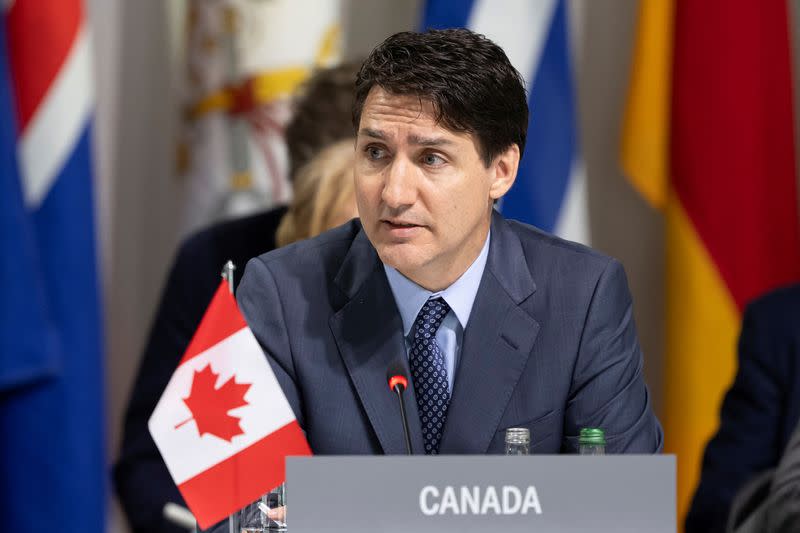Canada’s post-graduation work permit rules undergo significant modifications, impacting eligibility criteria and program durations. The Canadian government has implemented a cap on international student permit applications for a two-year period, with an anticipated 35% reduction in approved study permits for 2024, totaling around 360,000. However, this cap excludes those pursuing master’s and doctoral degrees, along with elementary and secondary education.
The temporary measures, effective for two years, won’t affect study permit renewals, providing reassurance for current study permit holders. The government plans to reassess the number of new study permit applications accepted in 2025 by the end of this year.
To enforce the cap, the Immigration, Refugees and Citizenship Canada (IRCC) will allocate a portion to each province and territory, which will then distribute it among their designated learning institutions. As of January 22, 2024, every study permit application submitted to the IRCC must include an attestation letter from a province or territory. Provinces and territories are expected to establish a process for issuing attestation letters to students by March 31, 2024.
Population-weighted caps have been introduced for each province and territory to address the unsustainable increase in the number of international students, leading to more substantial reductions in high-risk regions.
Over the next two years, the Canadian government will collaborate with provinces, territories, designated learning institutions, and education stakeholders to develop a sustainable path for international students. This includes finalizing a recognized institution framework, determining long-term sustainable levels of international students, and ensuring adequate student housing at post-secondary institutions.
To align with these changes, Canada is adjusting the eligibility criteria for the Post-Graduation Work Permit Program:

Starting September 1, 2024, international students enrolled in study programs covered by curriculum licensing arrangements will no longer be eligible for post-graduation work permits upon graduation. This affects students attending private colleges licensed to deliver a public college’s curriculum, closing a loophole in post-graduation work permit eligibility.
Furthermore, graduates of master’s and other short graduate-level programs will now be eligible for a 3-year work permit, overcoming the previous limitation based solely on the program’s length. This change aims to provide more time for master’s graduates to gain work experience and potentially transition to permanent residence.
In the coming weeks, open work permits will be exclusive to spouses of international students in master’s and doctoral programs. Spouses of international students in other study levels, including undergraduate and college programs, will no longer qualify.
These measures, combined with recent reforms to the International Student Program, aim to ensure that genuine students receive adequate support and resources for a fulfilling study experience in Canada. Simultaneously, these changes seek to stabilize the overall number of students arriving and alleviate pressures on housing, healthcare, and other services in the country.

